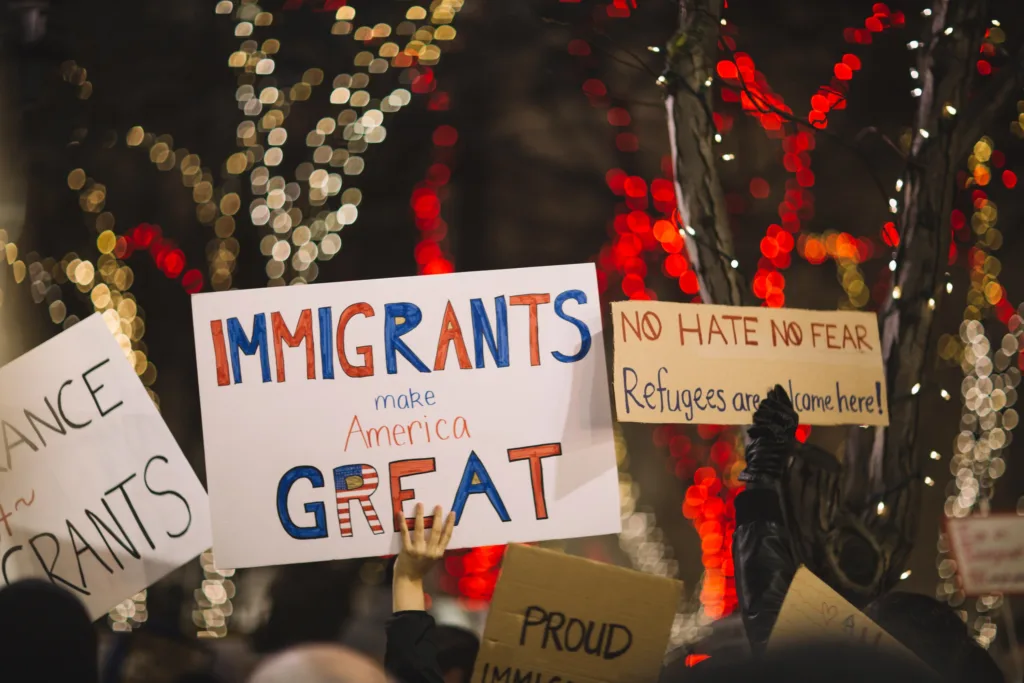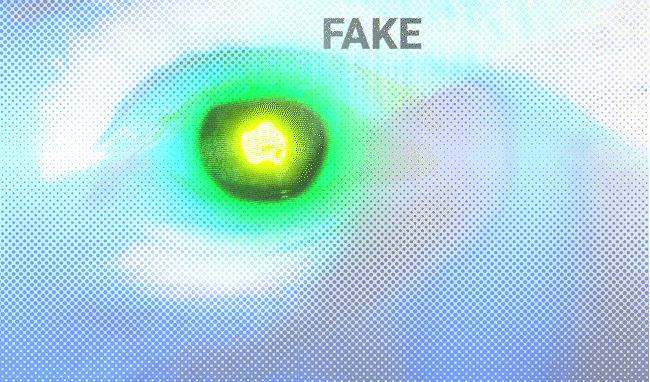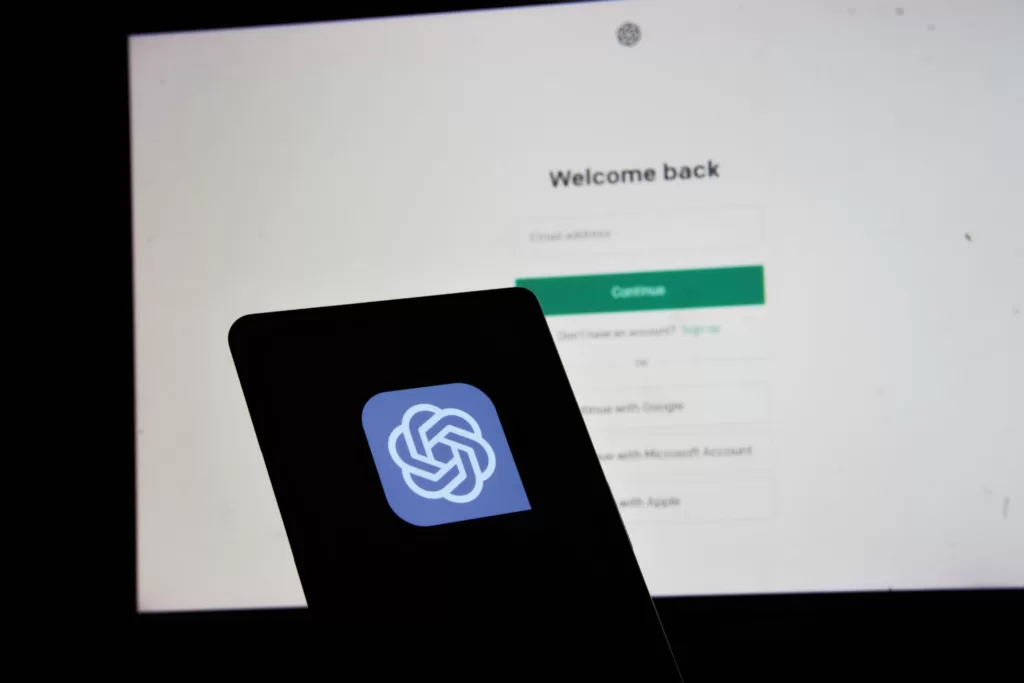Traditional methods of myth busting remain important for slowing misinformation, but to properly stop it democracies will have to do much more.
 Conspriracy theorists dispute many solidly and scientifically established facts, including the rotation of the globe. : Kajetan Sumila, Unsplash Unsplash licence
Conspriracy theorists dispute many solidly and scientifically established facts, including the rotation of the globe. : Kajetan Sumila, Unsplash Unsplash licence
Traditional methods of myth busting remain important for slowing misinformation, but to properly stop it democracies will have to do much more.
Sometimes, truth can be a matter of perspective and interpretation.
It has become normal to see basic truth claims contested in the public arena — from the recently defeated Voice referendum in Australia to the wars in Ukraine and the Middle East.
But many still wonder how and why it seems more people question or deny solidly and scientifically established truths, from human influence on climate change to the effectiveness of vaccines or the world being a rotating globe (yes, flat-earther communities deny this).
Given the easy availability of overwhelming evidence, it can be hard to imagine those who believe and spread falsehoods are simply ill-informed. Instead, most of them appear to share a deep-seated mistrust in mainstream institutions that generate or communicate facts, such as governments, international agencies, academia or the news media.
More often than not, this mistrust is tied to conspiratorial allegations against institutions, accusing them of involvement in a secretive, nefarious plot against ordinary people. As the logic typically goes: why else would institutions hide the ‘real truth’ and spread narratives that allegedly serve their supposedly hidden agenda? Here, mis- and disinformation strongly overlap with conspiracy beliefs.
As research on conspiratorial thinking has expanded, it is increasingly clear that conspiracy theories reflect more than personal cognitive biases or a lack of rationality. Their appeal seems to lie partially in the fact that they can offer people a much-sought opportunity to meet epistemic, existential and social needs for respect, control, social connectedness and recognition.
Victoria University research found that those who subscribed to conspiracy theories felt they had found what they considered the ‘real truth’, despite the alleged efforts of powerful institutions to hide it from them. This built their sense of “pride and epistemic superiority, which created a sense of meaning, urgency, and purpose, as well as social recognition within their group”.
Acknowledging these psychological layers is crucial to understanding and addressing the seemingly unprecedented rise in conspiratorial misinformation (and its deliberate variant, disinformation), which has been accelerated by social media.
Against this backdrop, objective and reason-based strategies, such as fact-checking or identifying and shutting down misinformation, don’t counter the appeal of conspiratorial mis- and disinformation.
While these strategies can help curb the spread of misinformation, those who subscribe to conspiratorial misinformation tend to be largely immune to it — they instead apply selective rationality, such as referring to fringe sources or cherry-picking the information they believe.
Given the ‘self-sealing quality’ of such alternative beliefs, attempts to counter may be taken by believers as evidence that the conspiracy claims are actually true. This risk is particularly prevalent when the very institutions accused of conspiring against the people — governments, academia, mainstream media or social media companies — are the ones trying to fact-check or ‘correct’ misinformation.
It’s more vital to prevent the emergence of conspiracy-based counter-publics and communities. There’s no single fix to achieving this.
A promising prevention strategy is ‘cognitive inoculation’, a series of approaches to strengthen digital literacy and train critical thinking skills through means such as providing practical tools to spot online manipulation and untrustworthy sources.
An October 2023 study of Canadian high school students found, for example, that ‘lateral reading’ techniques, in which they evaluated online claims by simultaneously using quick internet searches on the claim’s source, can improve their ability to identify misinformation.
Another way to stop hard-to-reach conspiracy-based groups from developing is by exploring alternative mechanisms to deal with community dissent and political opposition – before polarisation escalates into unyielding opposition and individuals abandon the ground of democratic debate.
This could involve, for example, more tailored and targeted engagement formats where those who hold differing views find a platform to directly discuss their objections with political decision-makers and possibly other members of the community.
This can often be challenging, as it forces all sides involved to listen to and engage with positions many may find incomprehensible, outrageous or socially harmful, such as rejecting public health measures during a pandemic or peddling Islamophobia during a local mosque controversy.
It is a fine line to firmly but respectfully engage with dissenting counter-voices without endorsing, legitimating or amplifying those views, while also not aggravating their sense of being silenced and disenfranchised.
If that goes poorly, it only adds to the appeal of conspiracy theories and disinformation campaigns, potentially pushing a susceptible person into ideologically closed community spaces on the political fringes where they (falsely) feel their concerns are heard and taken seriously.
There are powerful precedents where this can be effective, even under seemingly extreme and unlikely circumstances.
In 1971, a fierce community conflict erupted in Durham, North Carolina between Ku Klux Klan members and the local African-American community around school integration of Black students.
Despite hardened opposition, the conflict was resolved through an intensive 10-day community charrette, set up by external facilitator Bill Riddick, in which members of the opposing camps came together in a workshop to jointly develop a solution.
Not only did the initiative result in a democratic majority decision to desegregate Durham’s schools, but the local KKK leader ended up publicly denouncing his membership in the group.
The workshop offered unprecedented opportunities for the different segments of the community to work together, which urged them to listen to the ‘other’ side and to get to know each other, instead of the local authorities having to impose a decision on a divisive issue.
The fight to sustainably diminish mis- and disinformation raises fundamental questions about how to rebuild trust in public institutions, including parliaments and governments on all levels, the courts, the media and the police. It is part of getting to a more cohesive, equitable and less polarised society.
Australia and many other liberal democracies are facing these major challenges. To understand and counter the spread of conspiratorial misinformation, there is no alternative to starting to explore how best to tackle these big questions.
And at the same time, strategies like fact-checking and building cognitive and psychological resilience should continue, as should courageously engaging with dissenting perspectives in a tradition of robust democratic deliberation.
Dr. Mario Peucker is an associate professor at the Institute for Sustainable Industries and Liveable Cities at Victoria University. He is also an Executive Member of the Centre for Resilient and Inclusive Societies. He has undertaken research and published on community activism, inclusion-exclusion dynamics and radical political movements since 2003 in Europe and since 2010 in Australia.
Dr. Peucker discloses that the article mentions Victoria University research that was funded by the Victorian State Department of Justices and Community Safety.
Originally published under Creative Commons by 360info™.












